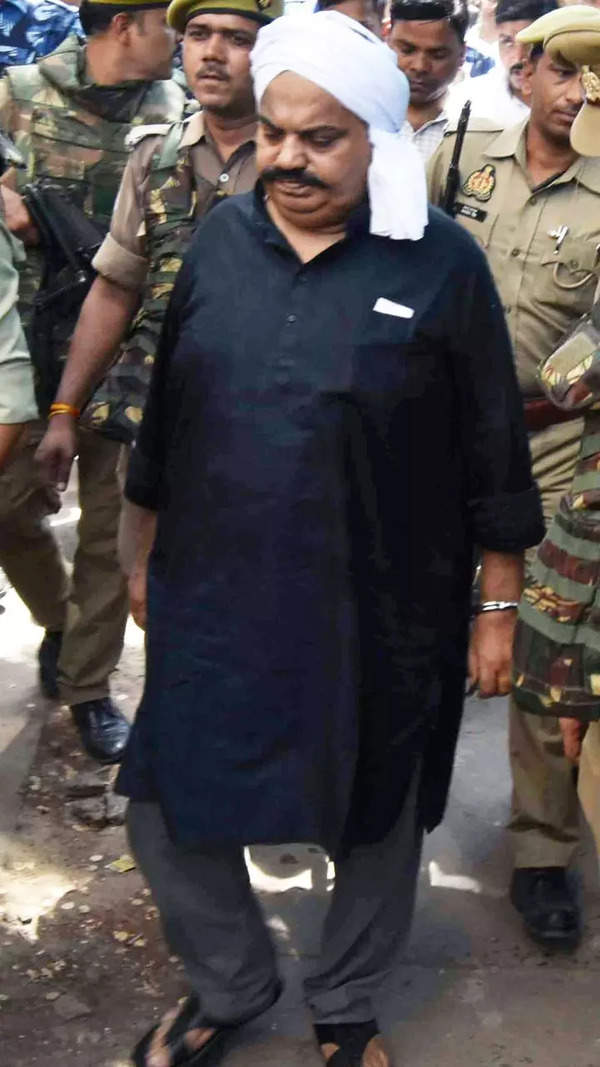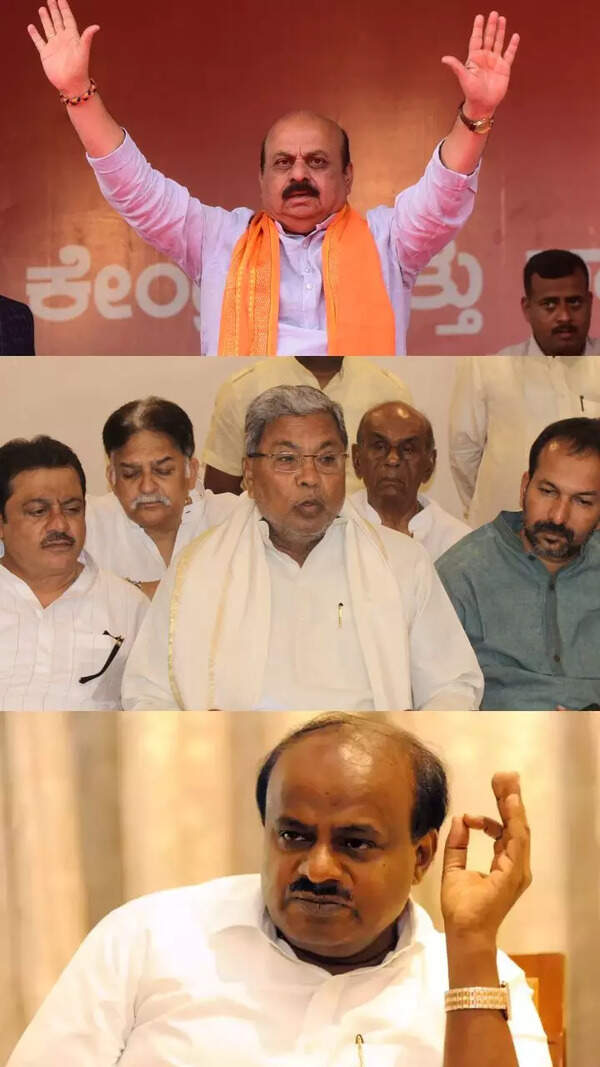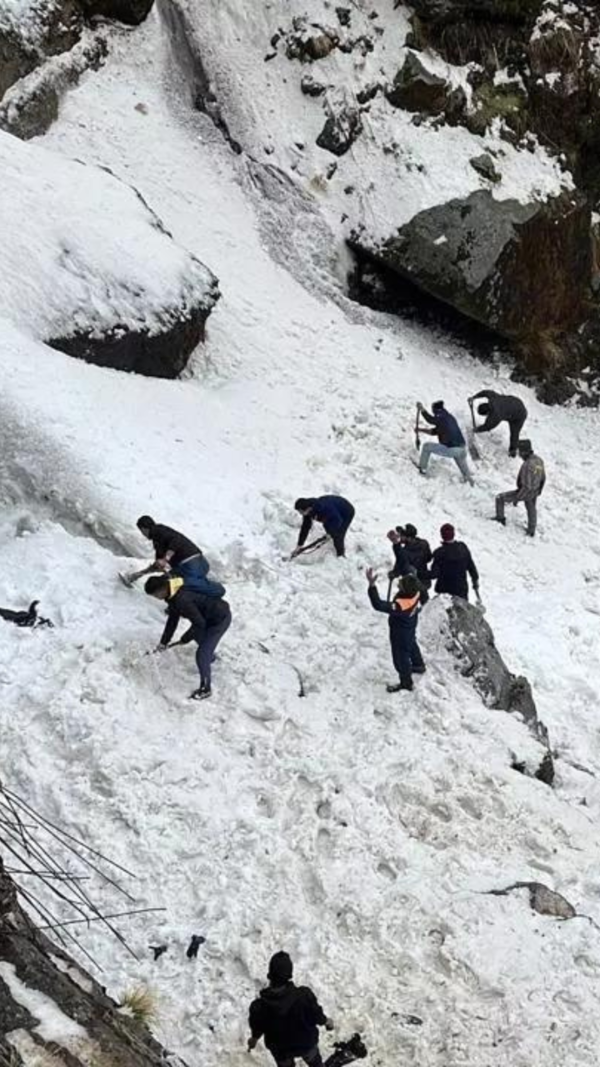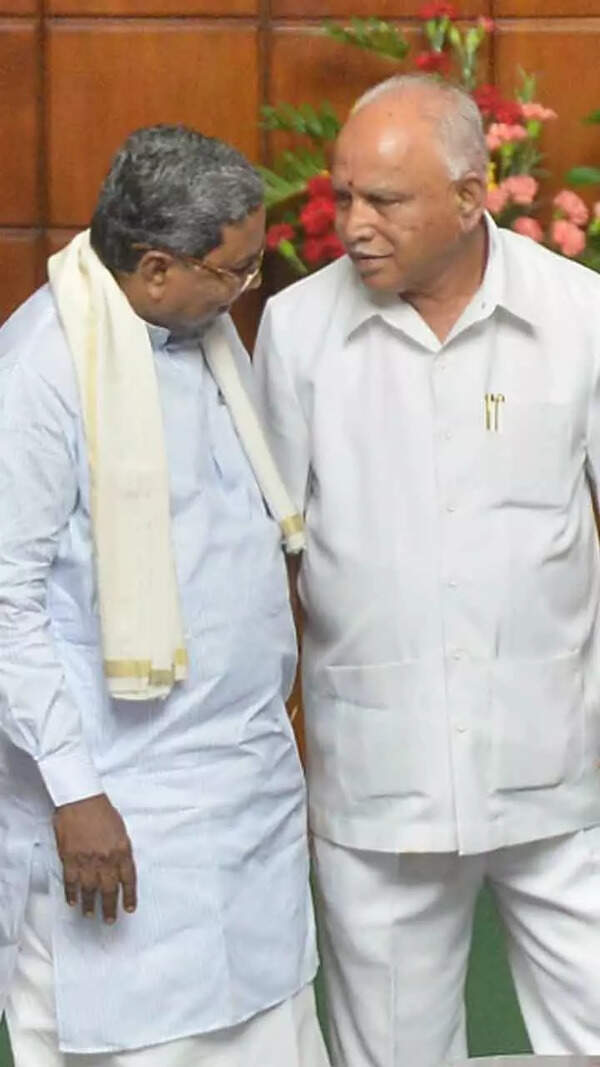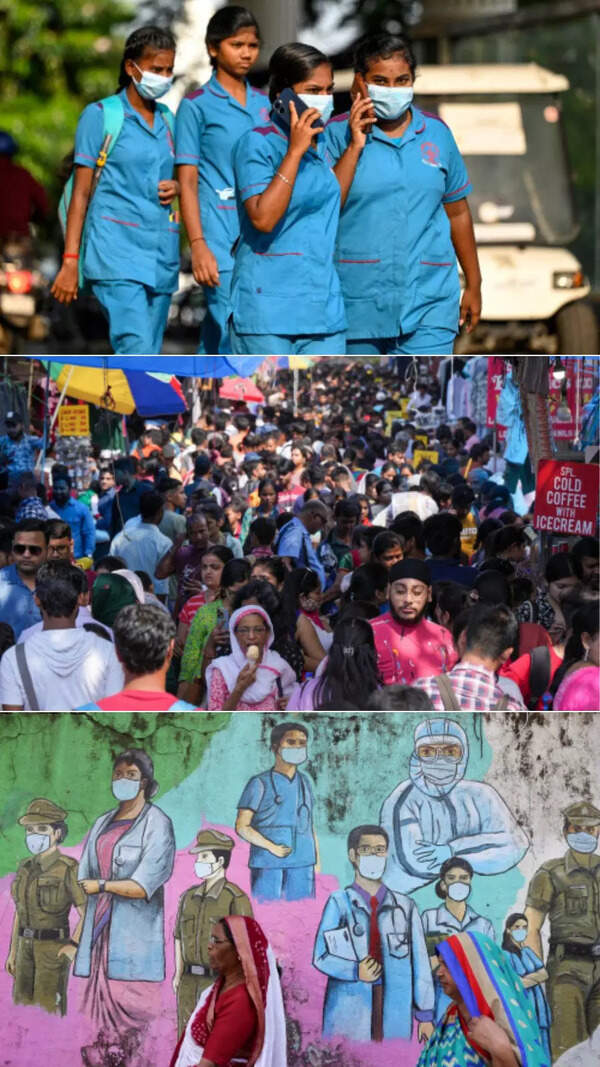- News
- City News
- ahmedabad News
- Gujarat: Man 'dies twice', consumer forum suggests trial to unravel truth
Trending Topics
Gujarat: Man 'dies twice', consumer forum suggests trial to unravel truth
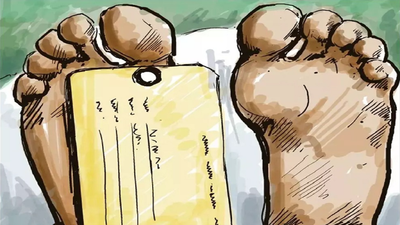
Representative Image
AHMEDABAD: Did Prahladsinh Solanki die by suicide on September 9, 2013, or due to an illness four months later, on February 1, 2014? This perplexing question arose after Solanki's death was registered twice. The insurance company rejected the claim on his life insurance, alleging he was dead before the insurance policy was issued.
A decade later, the Gujarat State Consumer Dispute Redressal Commission dismissed a complaint over the claim denial as being "unmaintainable". The commission added the dispute could only be resolved through a full-fledged court trial.
Consumer courts usually decide disputes involving false declarations to obtain life insurance policies. However, in Solanki's case, need to evaluate evidence and question witnesses to sift truth from disputed facts led the commission - a quasi-judicial body - to refer the matter to a court of competent jurisdiction.
Bhavna, widow of Prahladsinh and a resident of Kodrali village of Dehgam taluka, had claimed Rs 25 lakh insurance payout, stating her husband had got the policy on November 13, 2013, and died of diarrhoea and dehydration on February 1, 2014 - two months after getting the policy.
Bhavna, the widow of Prahladsinh Solanki and a resident of Kodrali village of Dehgam taluka, had claimed Rs 25 lakh insurance payout, stating her husband had got the policy on November 13, 2013, and died of diarrhoea and dehydration on February 1, 2014 - two months after obtaining the policy.
HDFC Insurance Co Ltd rejected it, saying the policy had been issued after a wrong declaration. It asserted that Solanki was already dead when it received the proposal for his life insurance policy.
The company told the commission that its investigator had found an Asha worker from Solanki's village who revealed that an entry had been made in the births and deaths register at Bahiyal PHC on September 11, 2013, stating Solanki had killed himself by jumping into a canal on September 9, 2013.
When the company obtained the details under RTI provisions, the register showed the September 9 entry had been deleted, and a new one had been made on February 1. The Asha worker said she had mistakenly made the first entry and deleted it after finding Solanki had not died that day.
While the company argued that an alteration in the births and deaths register was not lawfully permitted by any government employee, Bhavna argued that had Solanki committed suicide, there would have been a police record. She alleged a deficiency in service by the insurer in refusing the claim wrongfully.
The commission refused to entertain her complaint with the observation that resolution of this dispute required a detailed evaluation of evidence, witnesses and a quasi-judicial body like it could not decide this in a summary trial. The complainant is entitled to approach the court of competent jurisdiction subject to time limitation rules.
A decade later, the Gujarat State Consumer Dispute Redressal Commission dismissed a complaint over the claim denial as being "unmaintainable". The commission added the dispute could only be resolved through a full-fledged court trial.
Consumer courts usually decide disputes involving false declarations to obtain life insurance policies. However, in Solanki's case, need to evaluate evidence and question witnesses to sift truth from disputed facts led the commission - a quasi-judicial body - to refer the matter to a court of competent jurisdiction.
Bhavna, widow of Prahladsinh and a resident of Kodrali village of Dehgam taluka, had claimed Rs 25 lakh insurance payout, stating her husband had got the policy on November 13, 2013, and died of diarrhoea and dehydration on February 1, 2014 - two months after getting the policy.
Bhavna, the widow of Prahladsinh Solanki and a resident of Kodrali village of Dehgam taluka, had claimed Rs 25 lakh insurance payout, stating her husband had got the policy on November 13, 2013, and died of diarrhoea and dehydration on February 1, 2014 - two months after obtaining the policy.
HDFC Insurance Co Ltd rejected it, saying the policy had been issued after a wrong declaration. It asserted that Solanki was already dead when it received the proposal for his life insurance policy.
The company told the commission that its investigator had found an Asha worker from Solanki's village who revealed that an entry had been made in the births and deaths register at Bahiyal PHC on September 11, 2013, stating Solanki had killed himself by jumping into a canal on September 9, 2013.
When the company obtained the details under RTI provisions, the register showed the September 9 entry had been deleted, and a new one had been made on February 1. The Asha worker said she had mistakenly made the first entry and deleted it after finding Solanki had not died that day.
While the company argued that an alteration in the births and deaths register was not lawfully permitted by any government employee, Bhavna argued that had Solanki committed suicide, there would have been a police record. She alleged a deficiency in service by the insurer in refusing the claim wrongfully.
The commission refused to entertain her complaint with the observation that resolution of this dispute required a detailed evaluation of evidence, witnesses and a quasi-judicial body like it could not decide this in a summary trial. The complainant is entitled to approach the court of competent jurisdiction subject to time limitation rules.

About the Author
Saeed KhanSaeed Khan is special corespondent at The Times of India, Ahmedabad. He reports on courts and legal issues. He also covers the income tax and customs departments. He loves spending time at roadside tea stalls, chatting up friends and getting news at the same time.
Start a Conversation
FOLLOW US ON SOCIAL MEDIA
FacebookTwitterInstagramKOO APPYOUTUBE

